KUALA LUMPUR, Jan 27– The oil palm plantation industry in Sabah is allowed to continue their daily operations within their respective lockdown boundaries in mitigating the spread of COVID-19.
In a joint statement today, the Malaysian Palm Oil Association (MPOA) and Malaysian Estate Owners’ Association (MEOA) said Sabah and its people would face significant losses and social-economic consequences if the state were to impose a complete shutdown of the sector.
The associations were responding to a press statement by the Sabah government that said the state and the plantation industry had reached an agreement and would roll out a joint approach in mitigating the spread of COVID-19 by implementing a voluntary 30-day lockdown in the plantation sector.
“Planters are urged to work closely with Health Ministry personnel and all other private swab testing service providers approved by the Social Security Organisation to carry out swab testing, fully cooperate in risk assessments, demonstrating their standard operating procedures (SOPs) are in place and provision of isolation and quarantine facilities if needed,” the associations said.
Both the MPOA and the MEOA added that lockdown restrictions that the sector needed to adhere to include restricted access into the estates, strict SOPs in movements of food, supply and services, including fertilisers and other agrochemicals, spare parts and machinery into the operations.
“There will also be restricted movement of workers and all other employees out of the estates, incorporating strict social distancing in estate operations, use of face masks in estate operations, no social gatherings or other group activities within the estates, and additional measures to promote cleanliness and personal hygiene,” they added.
The associations called upon their members (combined membership land bank of MPOA and MEOA represents 43 per cent of the total Sabah oil palm planted area) and all other planters in Sabah to adhere to the above measures and accelerate their swab screening to cover all their workers and the larger community in their respective operations.
Sabah is Malaysia’s largest palm oil-producing state and out of the current 5.8 million hectares covered with oil palm (nationwide), 1.54 million hectares are located in Sabah, involving thousands of planters and tens of thousands of smallholders.
Source: BERNAMA

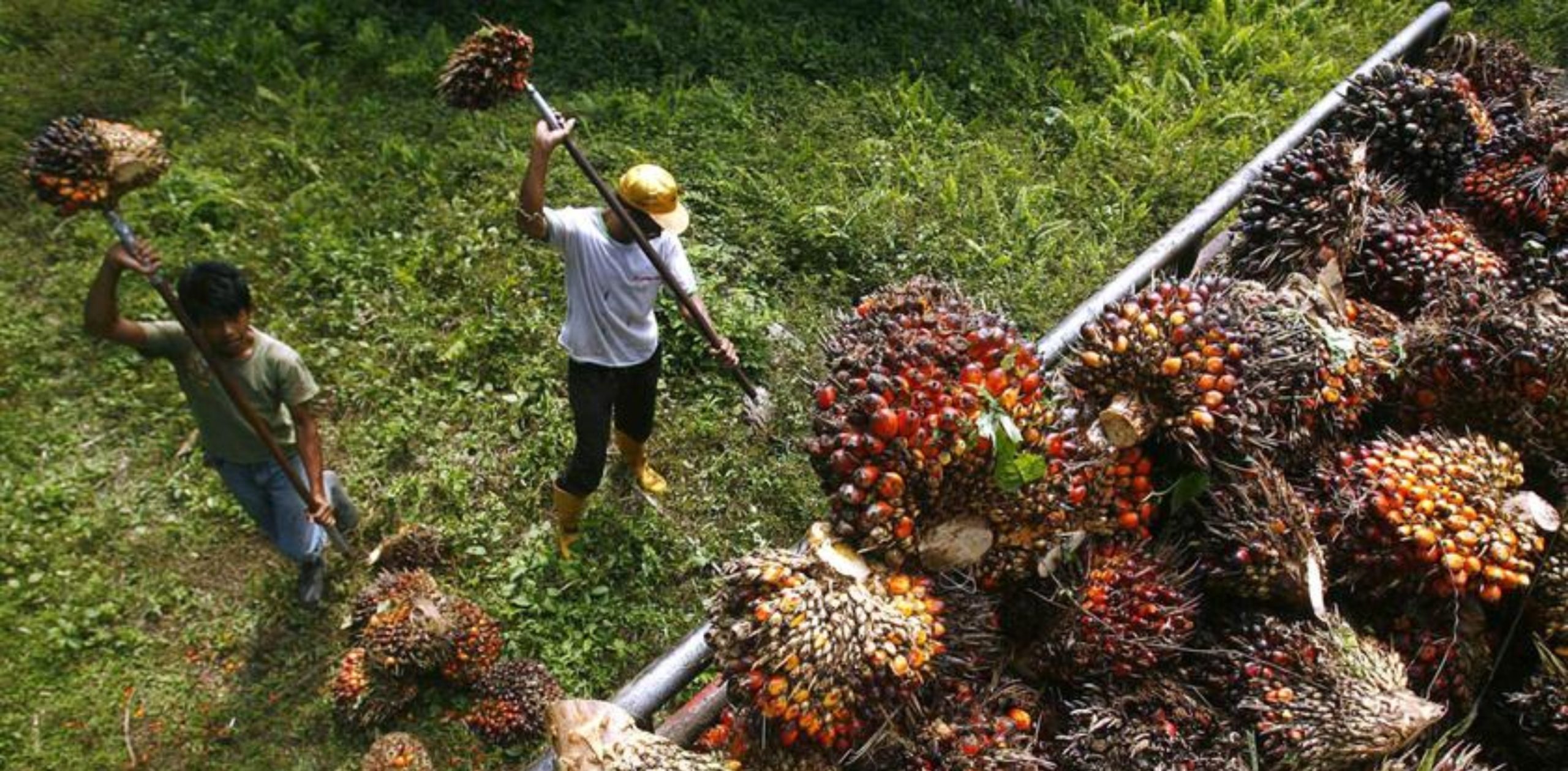
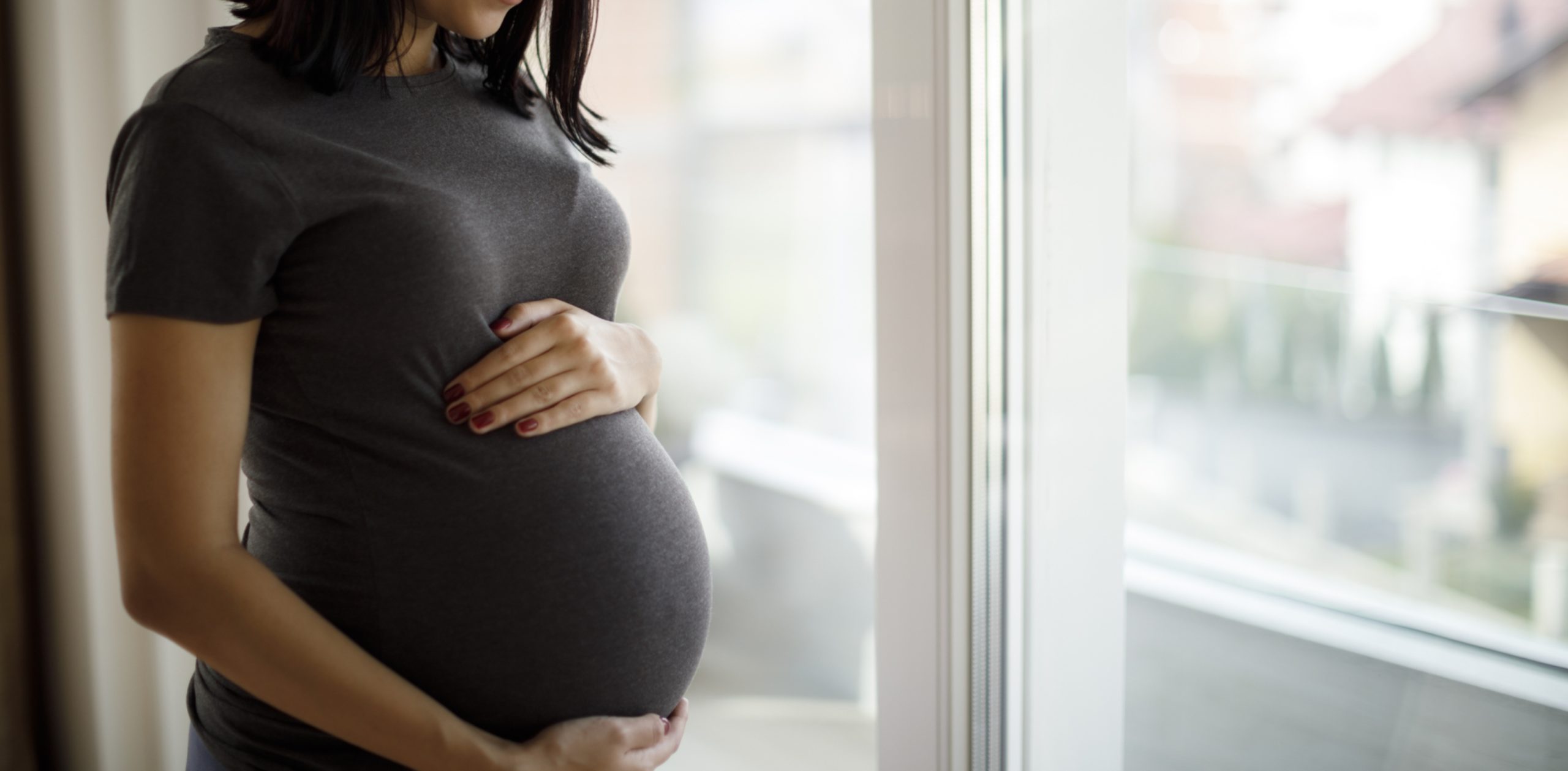
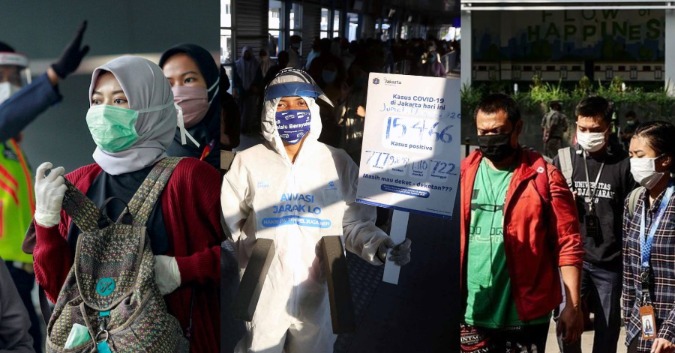
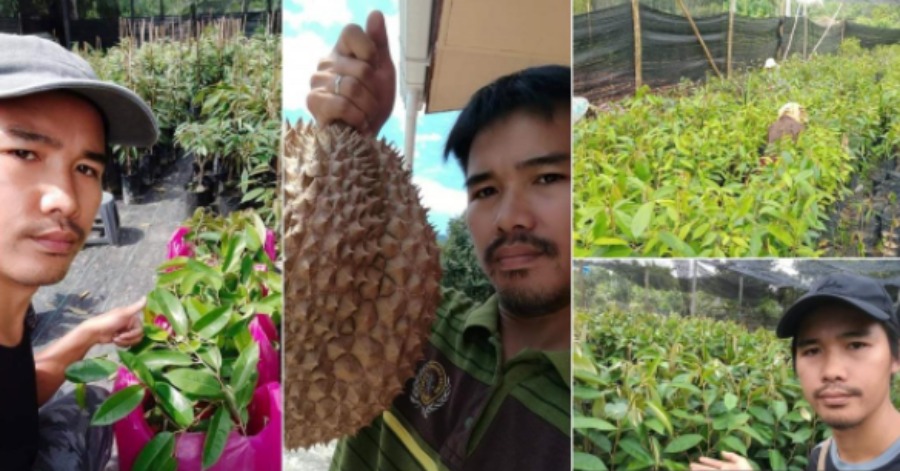
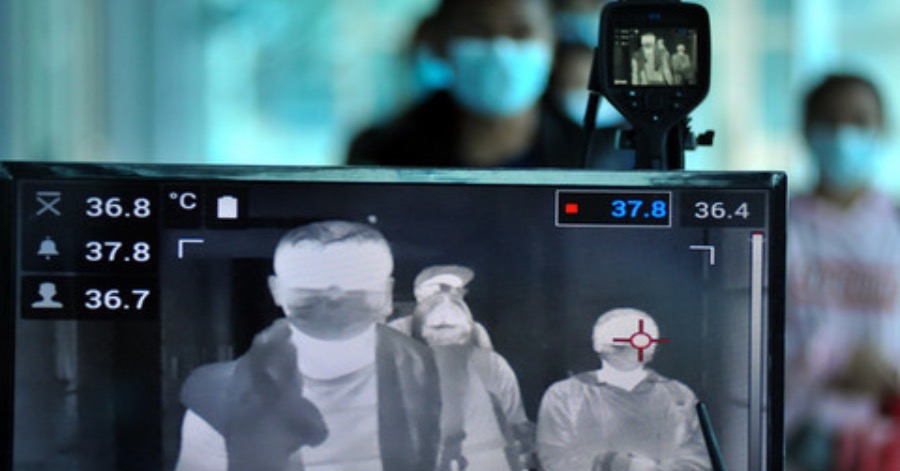

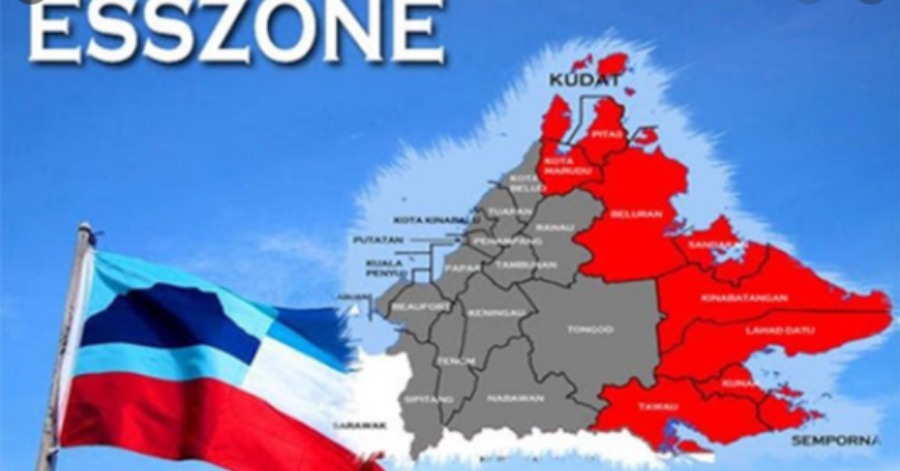

Leave a Comment